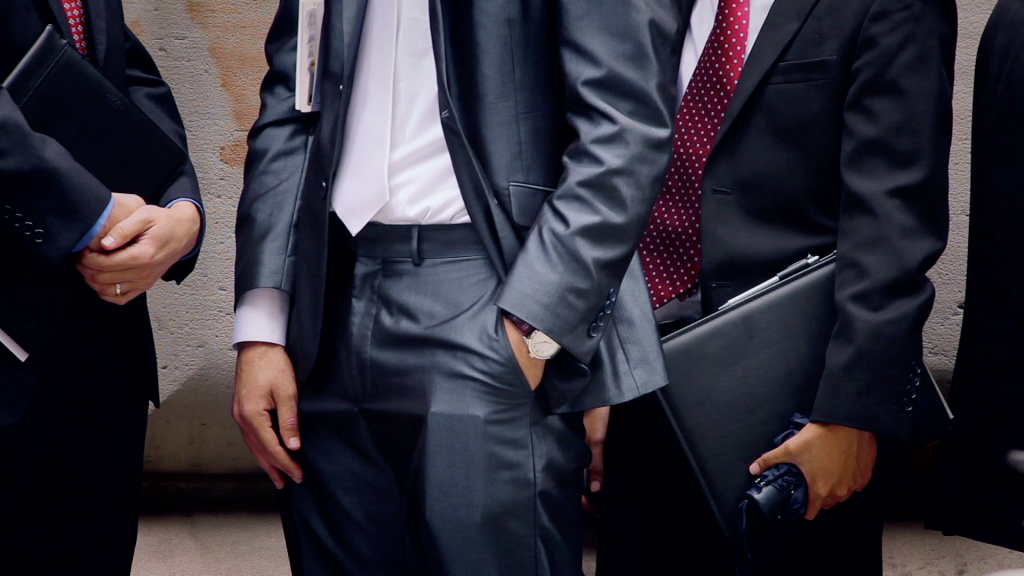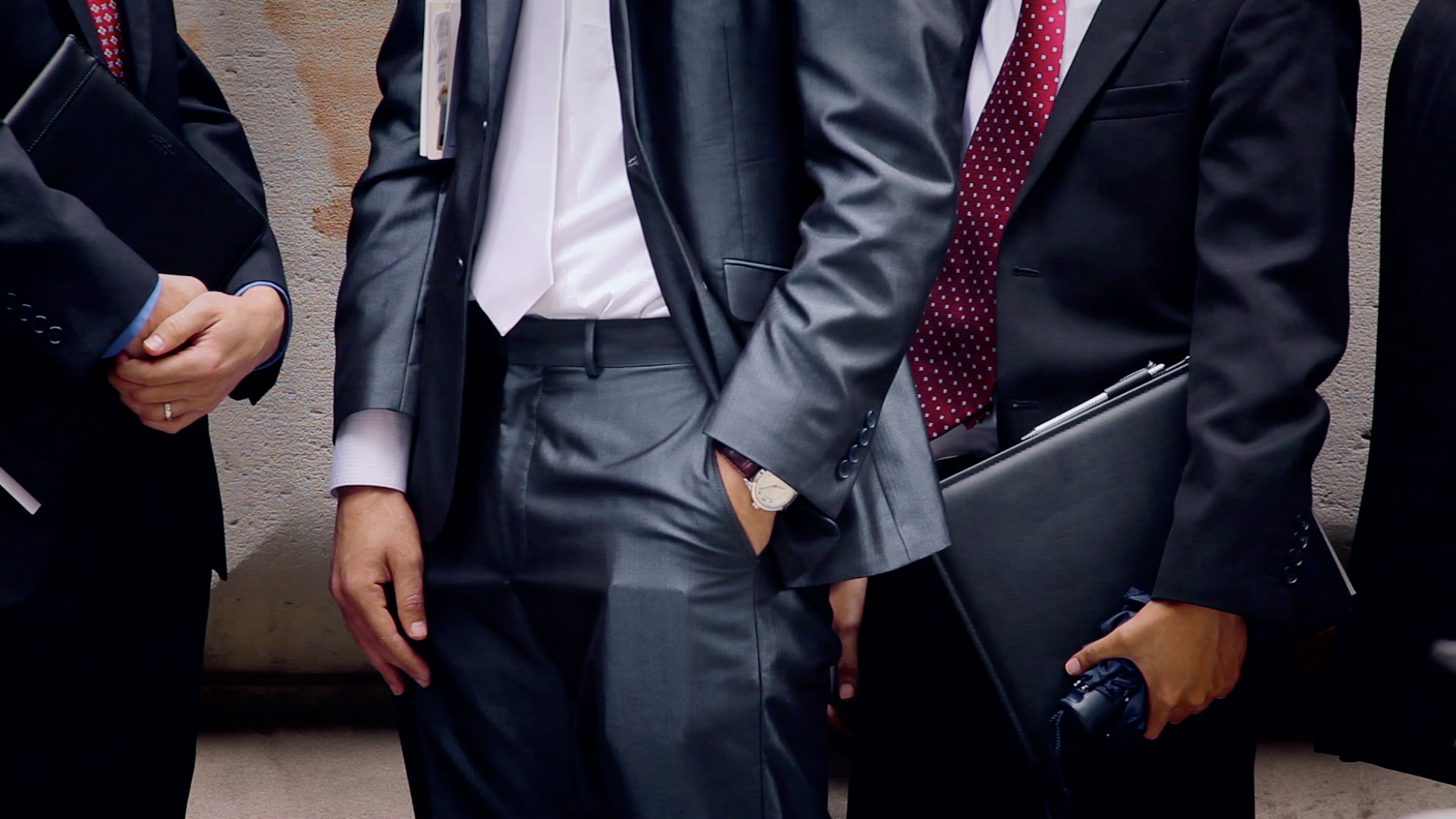Justice Department Signals a Shift in its Policing of Wall Street

September 10, 2015
Share
After years of criticism that it has failed to police Wall Street aggressively enough, the Department of Justice issued new guidelines to U.S. attorneys this week emphasizing the investigation and prosecution of individual employees and executives.
In the memo, issued on Wednesday, federal prosecutors are told that, “one of the most effective ways to combat corporate misconduct is by seeking accountability from the individuals who perpetrated wrongdoing.” It spells out tougher standards for what a corporation must do in order to be considered compliant with an investigation, including providing information about the actions of individual employees at the firm, particularly those with top level positions.
“Crime is crime. And it is our obligation at the Justice Department to ensure that we are holding lawbreakers accountable regardless of whether they commit their crimes on the street corner or in the boardroom,” said the memo’s author, Deputy Attorney General Sally Yates, during an address Thursday at New York University School of Law. “Americans should never believe, even incorrectly, that one’s criminal activity will go unpunished simply because it was committed on behalf of a corporation,” said Yates.
The new guidelines are the first major policy announcement addressing corporate misconduct since Attorney General Loretta Lynch took office in April, and they signal a departure from the department’s approach to corporate wrongdoing under her predecessor, Eric Holder. While Holder’s Justice Department secured billions in settlements from many of the banks seen as most responsible for the financial crisis, no senior Wall Street executive was ever prosecuted or sent to jail for their role in the meltdown.
Still, experts say the memo is less about revisiting financial crisis cases, and more about how the DOJ approaches corporate crime in the future.
“I don’t think we are going to see indictments coming from that era,” said Peter Henning, a professor of law at Wayne State University and the author of The New York Times‘ “White Collar Watch” column. “This [memo] is about going forward.”
But because the guidelines are not legally binding, the scale of their impact will depend on how aggressively prosecutors decide to follow them, according to Henning.
“I think on a practical level, [the memo] means more for companies than it does for prosecutors,” he said, because under the memo, the price of corporate cooperation essentially means pinpointing employees.
“They are really going to have to work to identify individuals [in internal investigations] and try to give the Department of Justice information … It really puts them in a ticklish situation.”
Related film: The Untouchables
FRONTLINE investigates why Wall Street’s leaders have escaped prosecution for any fraud related to the sale of bad mortgages.

Related Documentaries
Latest Documentaries
Related Stories
Related Stories
Explore
Policies
Teacher Center
Funding for FRONTLINE is provided through the support of PBS viewers and by the Corporation for Public Broadcasting, with major support from Ford Foundation. Additional funding is provided the Abrams Foundation, Park Foundation, John D. and Catherine T. MacArthur Foundation, Heising-Simons Foundation, and the FRONTLINE Trust, with major support from Jon and Jo Ann Hagler on behalf of the Jon L. Hagler Foundation, and additional support from Koo and Patricia Yuen. FRONTLINE is a registered trademark of WGBH Educational Foundation. Web Site Copyright ©1995-2025 WGBH Educational Foundation. PBS is a 501(c)(3) not-for-profit organization.





















